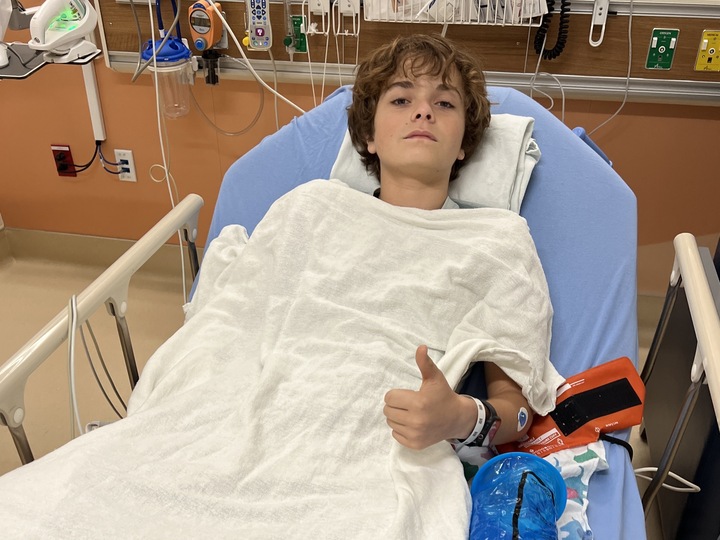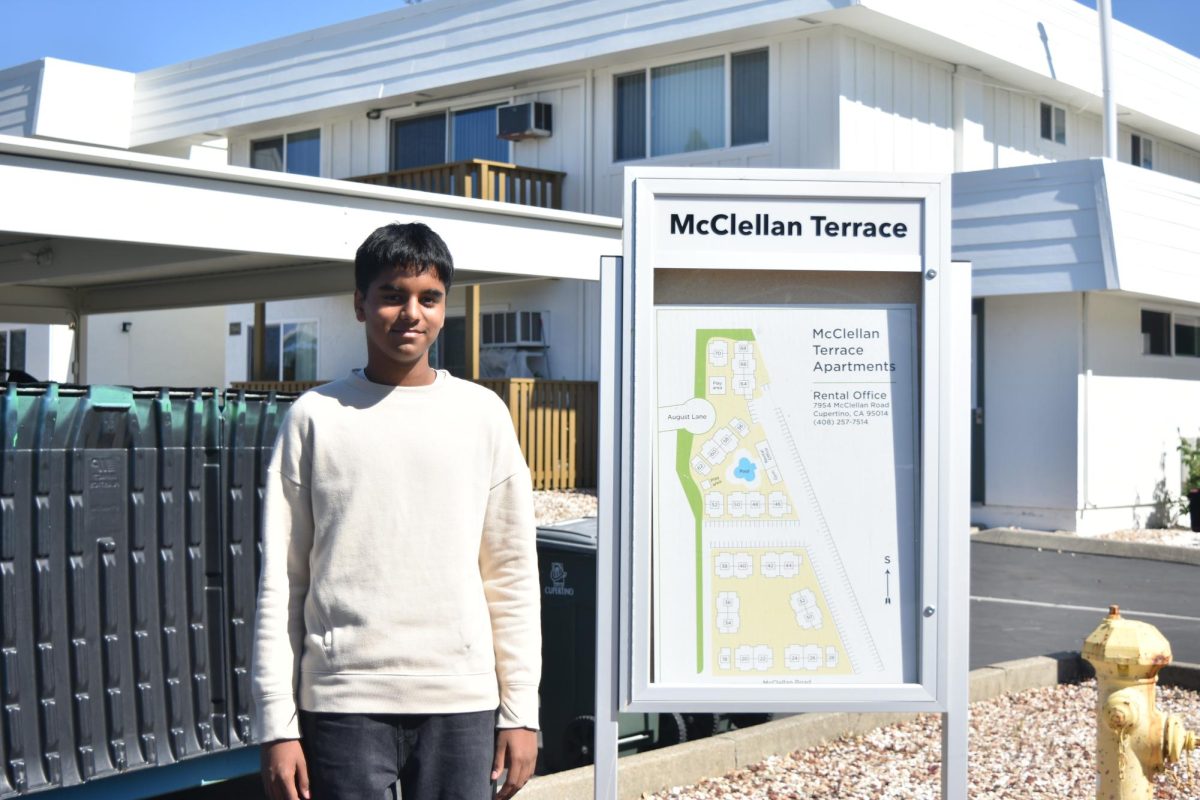The Bay Area has experienced a surge in product recalls affecting various foods, such as carrots and broccoli, with major retailers like Costco, Whole Foods and Safeway involved. Two specific severe cases were FUHSD English Curriculum Lead and El Estoque advisor Julia Satterthwaite’s children, whose two sons, Micah and Jonah, suffered severe symptoms linked to a batch of baby carrots later identified as contaminated.
Satterthwaite had packed carrots from Whole Foods for her sons’ lunch, unaware the product was part of a nationwide recall due to E. coli contamination. By the time her sons came home, they showed signs of extreme illness, with Micah, her oldest son, vomiting violently. The family called 911, and he was rushed to the hospital.
As emergency responders arrived, her youngest son, Jonah, also began to exhibit worrying symptoms, including fainting and severe fatigue. However, Micah, due to his Type 1 diabetes, faced even more serious complications, with his insulin levels dropping dangerously low. He had to undergo CT scans and MRIs in order to check for external issues such as appendicitis.
“It was a terrifying time,” Satterthwaite said. “When you’re a Type 1 diabetic, other complications can arise from situations like this. So after both my kids were transported via ambulance to the ER, one of them couldn’t keep fluids down and the other had to get a bunch of extra tests because of his medical condition.”
While the doctors initially considered other causes like norovirus, the quick recovery of the boys led them to conclude it was likely an E. coli infection. After speaking with first responders, Satterthwaite learned that the carrots had been part of a widely publicized recall, although she hadn’t received any notification from Whole Foods where the carrots were purchased.
The case is part of a larger pattern in the Bay Area, as residents continue to experience issues with various food recalls, impacting frequent shoppers of large supermarket chains. To prevent such consequences at MVHS, many precautionary measures are taken every day to ensure that none of the food distributed to students gets contaminated, according to senior Soham Bagad, who has been volunteering at the cafeteria for two years.
“Since I’ve been working at the cafeteria, there haven’t been any instances where the food wasn’t okay to be served,” Bagad said. “We are really careful with germs and bacteria getting into the food, which is why it’s mandatory to wear the hairnet, gloves and apron. It’s really important to us that the food is as neat, clean and tasty as possible.”
Additionally, to ensure high quality food and minimize exposure to harmful bacteria, Bagad says the staff makes it a point to restock everything on time and have extra food and milk available in case any issues arise.
Although MVHS has been fortunate enough to not experience any issues with food contamination, stores like Costco and Whole Foods have not, which has affected a plethora of other consumers like Satterthwaite’s sons. Similar to Whole Foods, Costco also faces food recalls, particularly in its produce items. Costco’s Food Safety Manager Adam Chang explained how the company manages such recalls, specifically regarding fresh produce like carrots and broccoli.
“When a recall occurs, the company’s first priority is always customer safety,” Chang said. “We move quickly to pull the products and make sure our customers know what’s going on. It’s important to always update our procedures and stay up to date with the newest safety standards. This would allow us to get in front of any potential issues that may arise, and provide high-quality, safe products to everyone.”
The process involves utilizing Costco’s inventory system to track the affected products, separating them and notifying the staff immediately. The company also posts multiple recall notices and ensures customer service teams are prepared to assist shoppers with returns and refunds. According to Chang, Costco is also actively working closely with suppliers to investigate the cause of recalls, and hopefully prevent cases like Satterthwaite’s from happening in the future.
“Waiting in the hospital for my sons to recover was a terrifying period of time,” Satterthwaite said. “Both of my kids were hospitalized at the same time, and as a mother, that was one of the most stressful moments of my life.”























